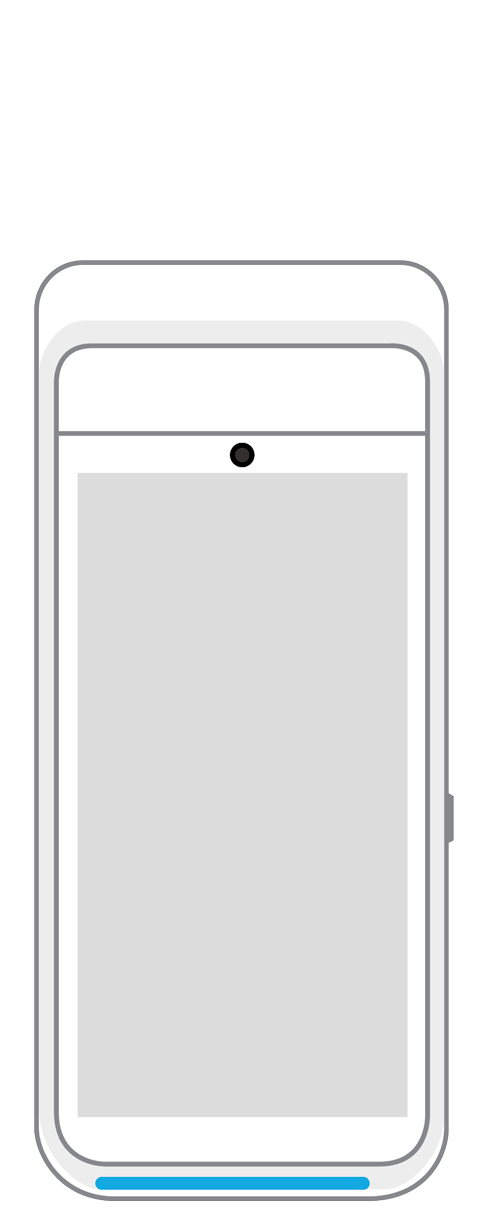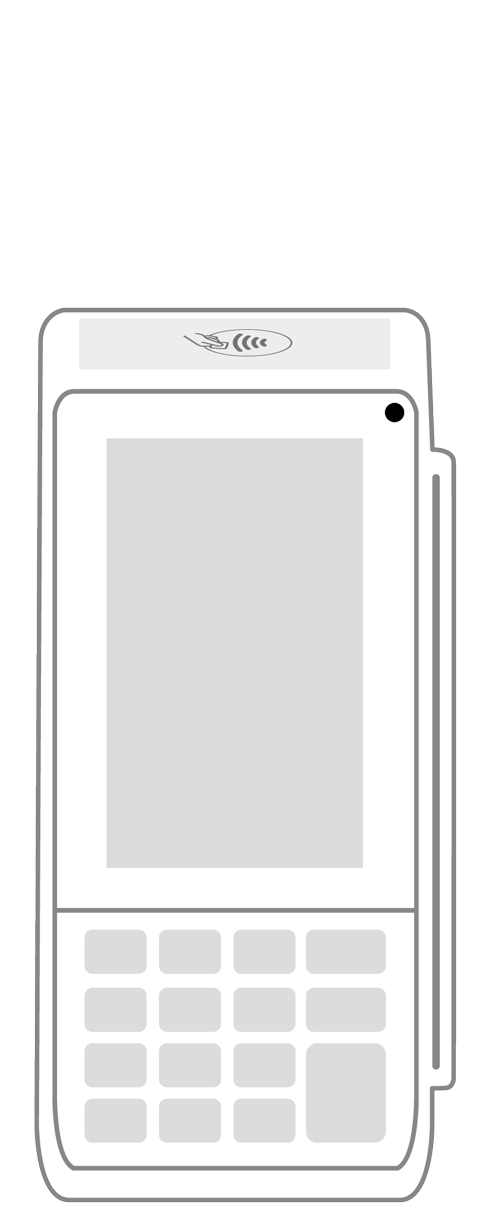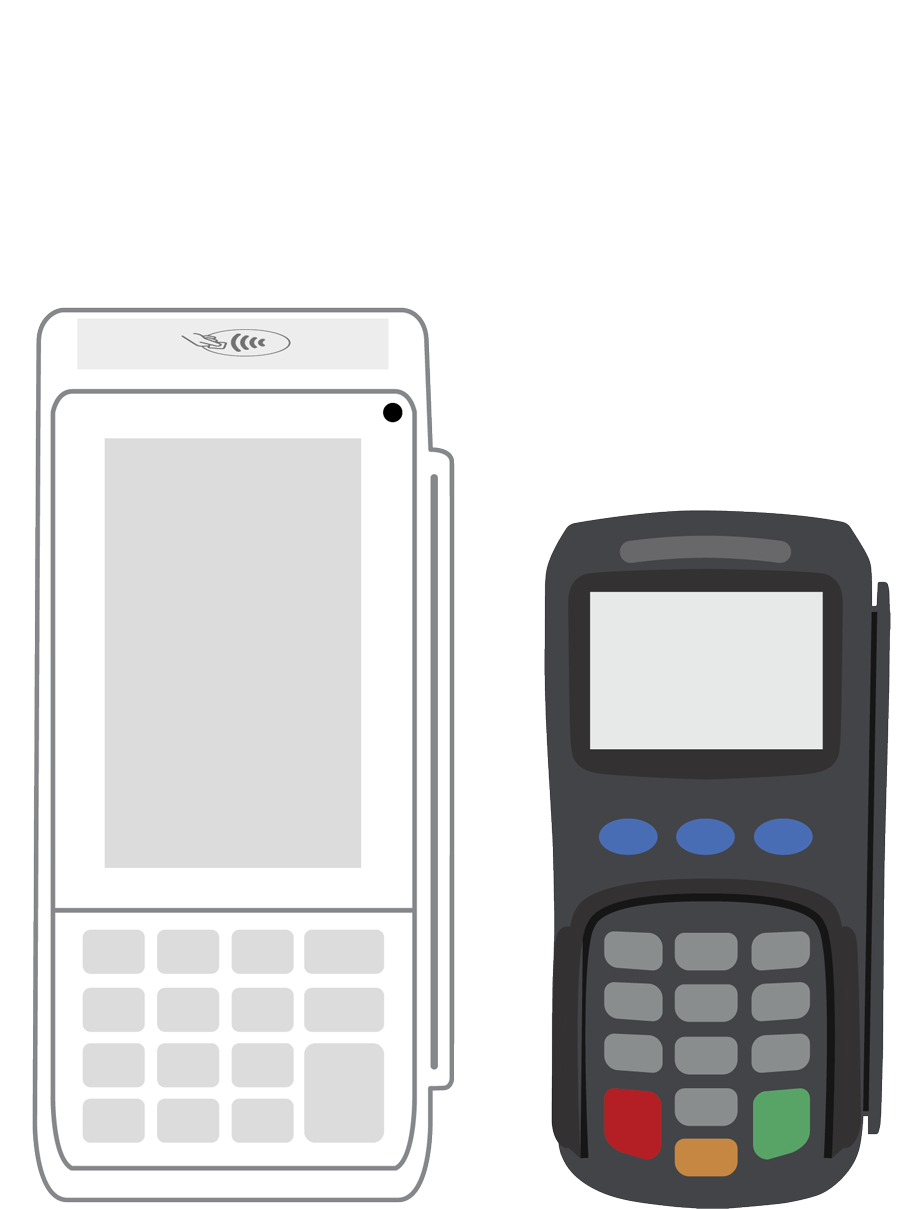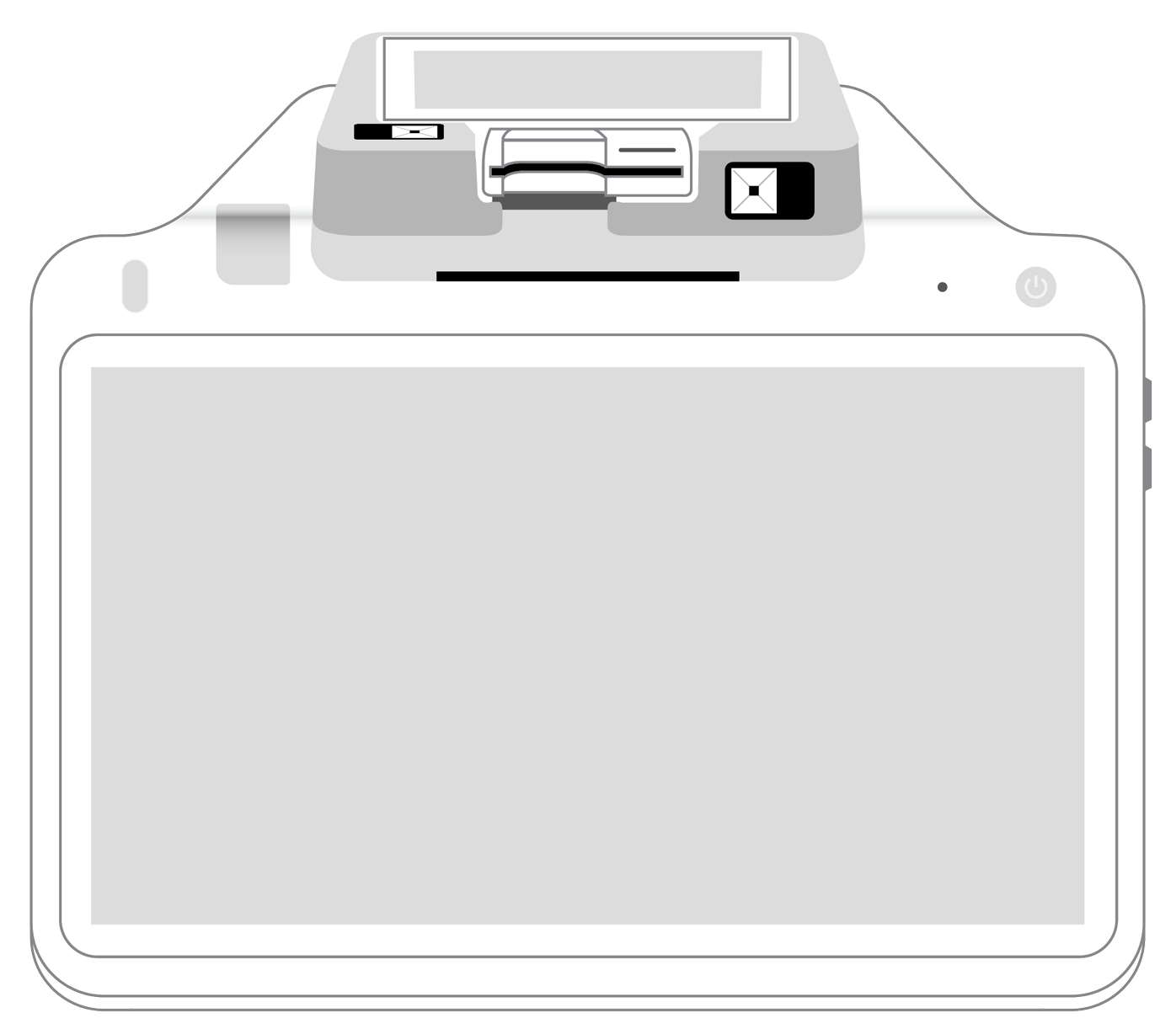Should you get a business loan or use a credit card to fund your new business?

Small business loans and credit cards are two common options for startup funding. Loans are often more difficult to obtain than credit cards, but the easier option isn’t always the best. Ask yourself the following questions to determine which option is right for your startup.
What is the funding for?
Small business loans are typically used to fund large expenses, such as:
- Purchasing equipment.
- Building up initial inventory.
- Investing in real estate.
- Performing renovations.
Credit cards are better suited to small, day-to-day operational expenses unlikely to exceed a given spending limit. If you need money to beef up your marketing campaign, cover permit and licensing fees, or to purchase hardware for your POS system. it’s more practical to get a business credit card than to go through the rigmarole of the loan application process. A card is also a better choice if your employees will be making purchases for the business and you want a reliable way to monitor spending.
Can you qualify for a loan?
Qualifications for business loans (especially from banks) can be pretty stringent. You need a strong personal financial history and a good credit score, as well as favorable projections for the future profitability of your business. Requirements tend to vary between loan products, so look into the type of funding you need and determine if you can provide the necessary documentation.
If your business is so new it’s still toddling around on shaky legs, go for a credit card. It’s much less hassle and you’re unlikely to be able to convince a bank to provide you with a loan until you have a bit of established history and a solid business credit score.
What are the benefits and risks?
Collateral is a scary word for the owner of a startup. Defaulting on a loan can have hefty penalties, which may include losing your business, your car, or even your home. Credit cards on the other hand, amount to unsecured loans, so all you put on the line is some of your savings. They also come with perks like low or nonexistent interest during the first year, cashback or travel rewards, and additional cashback bonuses for spending a certain amount in the first several months after opening an account.
On the other hand, once the honeymoon period is over, you could be looking at a high variable APR for your card, making it more expensive than a loan. Loans typically have both lower rates and payments thanks to generous term lengths. Some may even offer savings if you’re able to pay the balance of the loan off early.
Use your needs and financial situation as a guide to decide whether to fund your startup with a credit card or small business loan. Credit history, time in business, available documentation, and the schedule on which you need the funding are all important considerations, as well. Research the options, and choose the one with the greatest potential to benefit your business without saddling you with an unmanageable amount of debt.
 3-in-1 Reader |  Terminal |  Keypad |  PINPad Pro |  Flex |  POS+ | |
|---|---|---|---|---|---|---|
Payment types | ||||||
EMV chip card payments (dip) | ||||||
Contactless payments (tap) | ||||||
Magstripe payments (swipe) | ||||||
PIN debit + EBT | ||||||
Device features | ||||||
Built-in barcode scanner | ||||||
Built-in receipt printer | ||||||
Customer-facing second screen | ||||||
External pinpad | ||||||
Wireless use | ||||||
Network | ||||||
Ethernet connectivity | With dock | |||||
Wifi connectivity | ||||||
4G connectivity | ||||||
Pricing | ||||||
Free Placement | ||||||